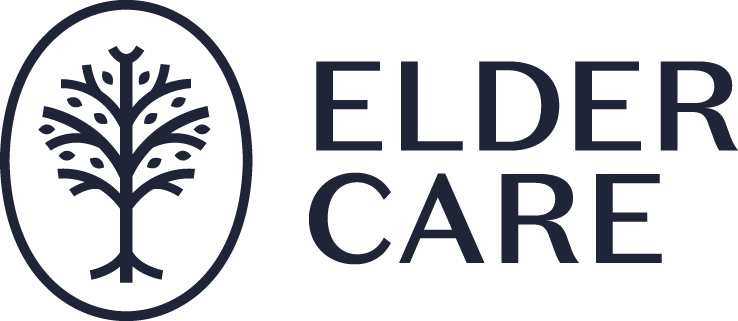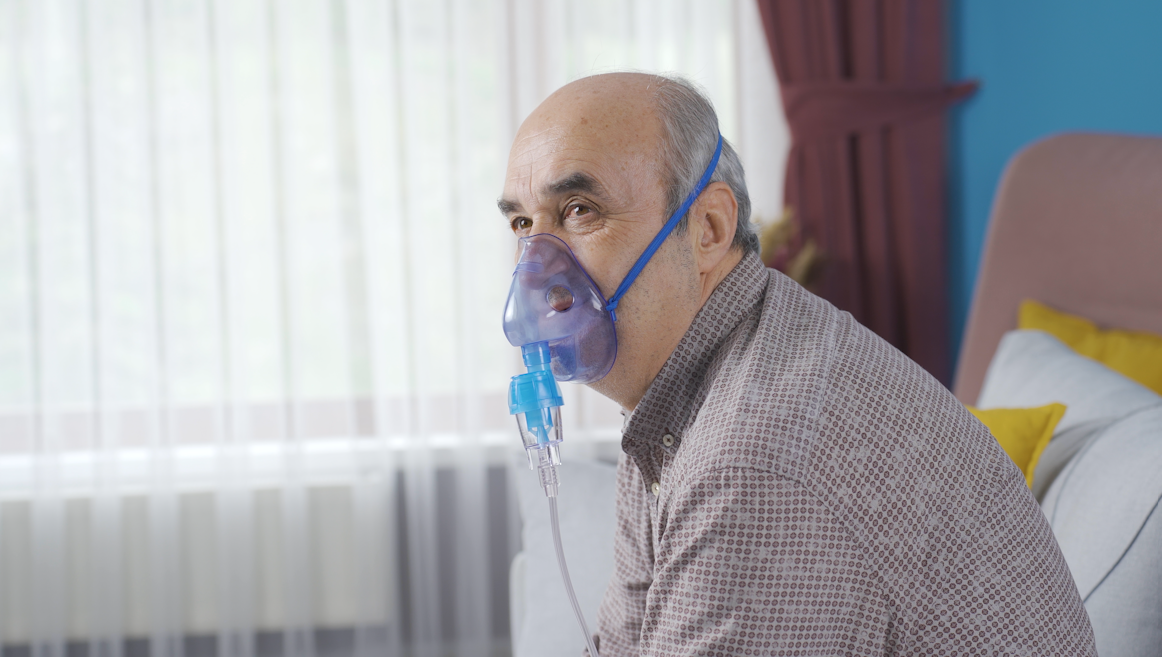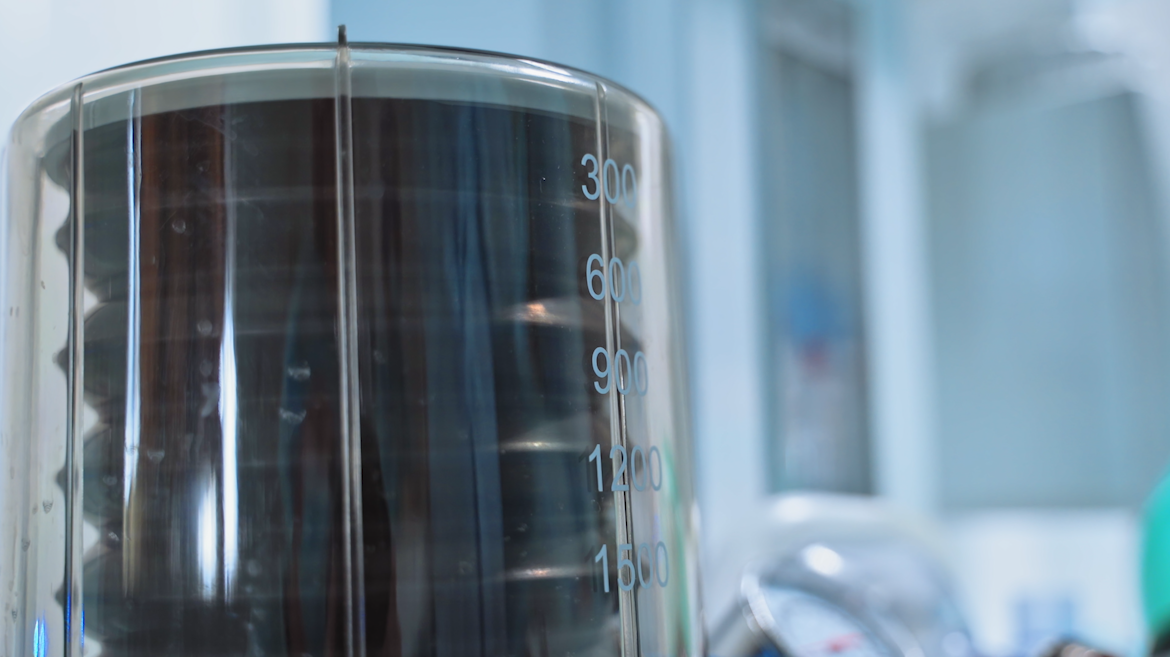Our COVID-19 Response at Elder Care Homecare. Read Now
Older Adults Diabetes 101: All You Need To Know
Diabetes is a disease that affects people of all ages, but it tends to be more common in older adults. In the United States, more than 30 million Americans have diabetes, and one-quarter of them are over 60. As people get older, their risk of developing diabetes increases.
We understand the challenges that come with managing diabetes in seniors. If you are one of the people living with diabetes or taking care of an elderly loved one that's been diagnosed, then this blog post is for you. We will discuss all about this condition and how to treat it.
What Is Diabetes?
Diabetes is a chronic condition that occurs when too much sugar or glucose is in the blood. The body needs glucose for energy, but too much of it can lead to serious health problems.
Our body produces a hormone called insulin to convert blood sugar into energy. Diabetes develops when you don't produce enough insulin or when the body doesn't respond properly to it.
How Does Age Affect Diabetes?
As individuals grow older, their susceptibility to developing diabetes rises. This is due to the body's altered ability to process sugar and produce insulin. Moreover, seniors often contend with other health issues and medications that can affect blood sugar levels. Lifestyle and dietary changes may also impact diabetes management as people age. Therefore, understanding how age influences diabetes is crucial for effective care in seniors.
The Common Types Of Diabetes In Senior Citizens
There are two types of diabetes. Type I and Type II. Type II diabetes, also called adult-onset diabetes, usually develops after age 40, so it is more common in senior citizens. However, there are also elders with Type I, which is often developed as children or teenagers and remains for the rest of their lives.
Type I diabetes: With type I diabetes, the body does not produce insulin. Insulin is a hormone that helps the body’s cells convert sugar into energy. People with type I diabetes must take insulin daily to stay alive.
Type II diabetes: In this type of diabetes, either the body produces enough insulin or the body's cells become resistant to its effects. Consequently, too much sugar remains in the bloodstream instead of being used by cells for energy. Over time, high blood sugar levels can lead to serious health problems, such as heart disease, stroke, kidney disease, and blindness.
6 Causes for Elderly Diabetes
There are a few things that can contribute to developing diabetes in the elderly:
1-Having High Blood Pressure
This increases your risk for both type I and type II diabetes.
2-Having A Family History Of Diabetes
If your parents or grandparents had diabetes, you’re more likely to develop it yourself.
3-Not Being Physically Active
A sedentary lifestyle contributes to type II diabetes risk.
4-Certain Medical Conditions
Such as polycystic ovary syndrome (PCOS) or sleep apnea. These increase your chances of developing type II diabetes.
5-Older Age
As we age, our bodies become less able to process sugar. This can cause our blood sugar levels to rise, even if we’re not eating any more sweets than usual.
6-Medications
Certain medications can also contribute to diabetes risk in older adults. These include steroids, beta-blockers, some antidepressants, and certain antipsychotic drugs.
How To Treat Diabetes In Older Adults
These are the things you can do to help control diabetes in older adults:
- Eat healthier. Eat plenty of vegetables, fruits, whole grains, and lean protein. It also means limiting sugar, saturated fat, and sodium.
- Engage in physical activity for 30 minutes most days of the week. Walking is a great way to get started if you're not used to being active.
- Take medications as prescribed by your doctor. This may include insulin injections or oral diabetes drugs.
- Check your blood sugar levels as directed by your doctor. This lets you know if your diabetes is under control.
Some older adults may also need to take medication to lower their blood pressure or cholesterol. This can help prevent heart disease, stroke, and other diabetes complications.
Eldercare Services in NY
If you or a loved one has diabetes, consider hiring elderly and diabetes assisted living services in NY. Elder Care Homecare offers medication administration & reminders and monitoring blood sugar to help make life easier for older adults with this condition.
We provide the support and assistance required to manage and avoid complications. Our professional caregivers administer the medication and insulin injections and assist with blood sugar testing and regular checkups.
New York City Elder Home Care Blog





Elder Care Homecare looks after seniors and individuals with disabilities through dependable companion care and in-home care services.
We service Westchester County, Long Island and the entire New York City metro area including Queens, Brooklyn, The Bronx, and Manhattan.
QUICK LINKS
CONTACT
Call Us Today:
(914) 268-6221
Caregiver or Employment Inquiries: (914) 414-4841
111 Brook St
Scarsdale, NY 10583
370 Lexington Ave
New York, NY 10168
United States
1025 Old Country Road
Suite 314
Westbury, NY 11590
750 E Main St
Stamford, CT 06902






